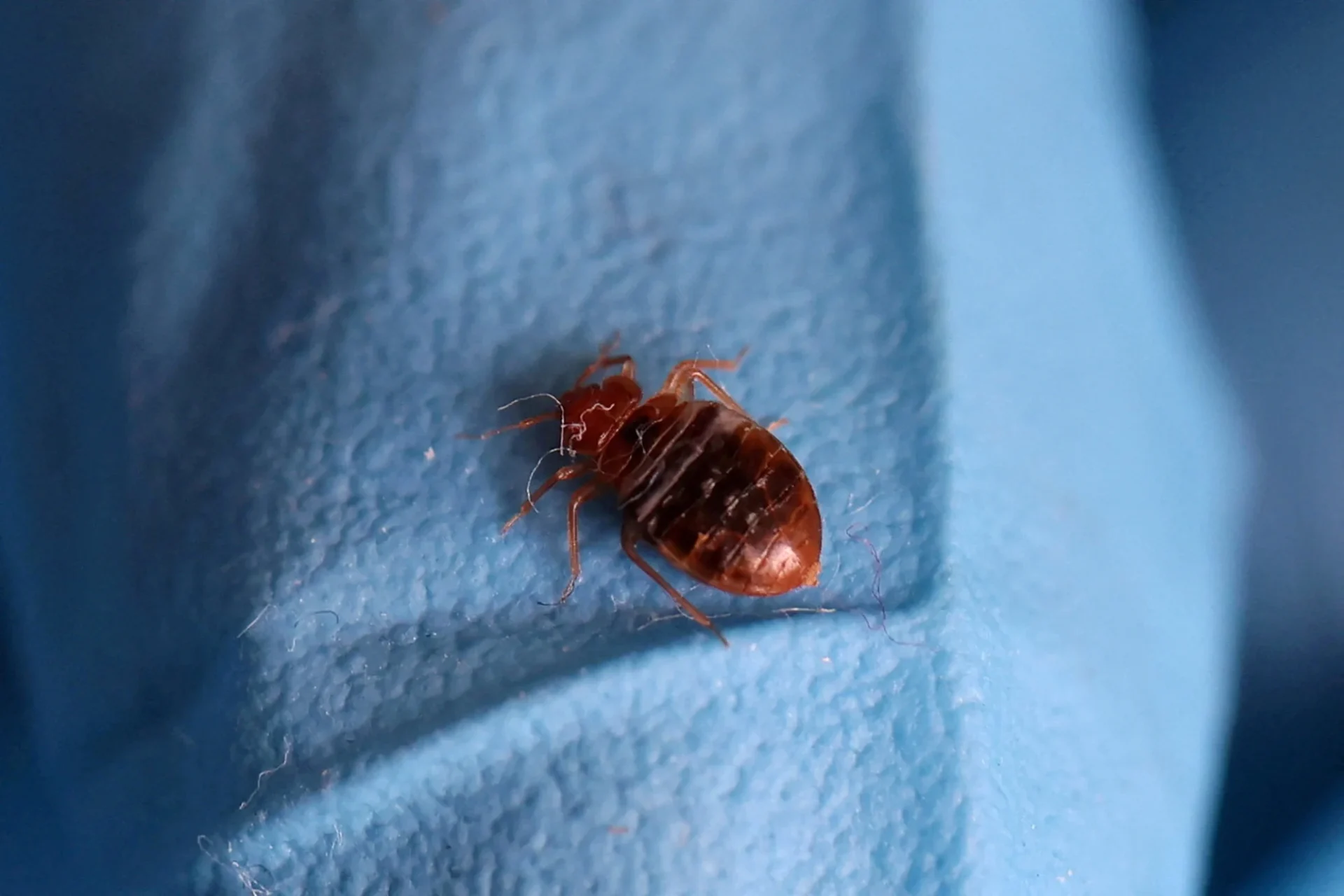The Greek health ministry is currently grappling with an unusual challenge: a hoax designed to deter foreign tourists from renting short-term flats in Athens by falsely claiming a bedbug infestation. This incident, which occurred in early December, involved misleading posters affixed outside apartment buildings in the city center, complete with counterfeit logos of the health ministry and Athens municipality. The posters, written in poorly spelled English, falsely alerted visitors of a health order to evacuate local “private guest houses” to ostensibly protect the health of permanent Greek residents. They even threatened a hefty fine of €500 (about US$540) for non-compliance, while ironically wishing tourists a pleasant stay in Greece.
This situation reflects the broader housing issues faced by Athens and other Greek cities. The rise in short-term rentals, primarily catering to tourists, has inadvertently led to a spike in long-term rental costs. Many Greek residents find themselves priced out of central areas of Athens, contributing to a growing housing affordability crisis. Additionally, property values have been on the rise, partly fueled by a “golden visa” program that offers residency to foreign property investors.
Tourism is a crucial economic driver for Greece, accounting for approximately one-fifth of the country’s annual output. The year 2023 was anticipated to be a record-breaking year in terms of tourist arrivals, highlighting the sector’s significance in the national economy.
In response to the hoax, the health ministry has taken firm steps, involving the police to address the misinformation campaign. The ministry’s stance is clear: such actions, which spread fear and misinformation about public health, cannot be tolerated.
Interestingly, Greece has not experienced significant issues with bedbugs, a problem that has caused concern in other countries like France and South Korea. The false alarm in Athens seems to be an isolated incident, more related to the tensions around tourism and housing than any real public health threat.
The Greek authorities’ proactive approach in this matter underscores their commitment to maintaining a safe and welcoming environment for tourists. By swiftly addressing the hoax, they aim to protect the integrity of Athens as a tourist destination and ensure that the city remains a place where visitors and residents alike can enjoy the rich cultural and historical offerings without unwarranted fear.
READ MORE:
